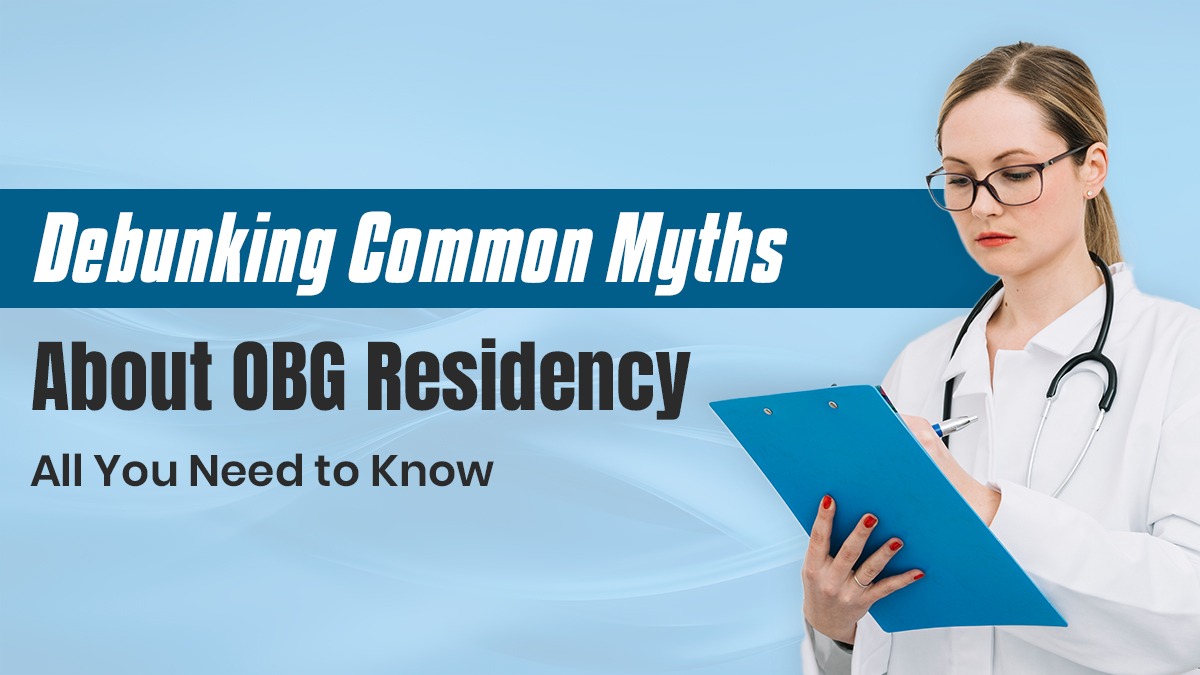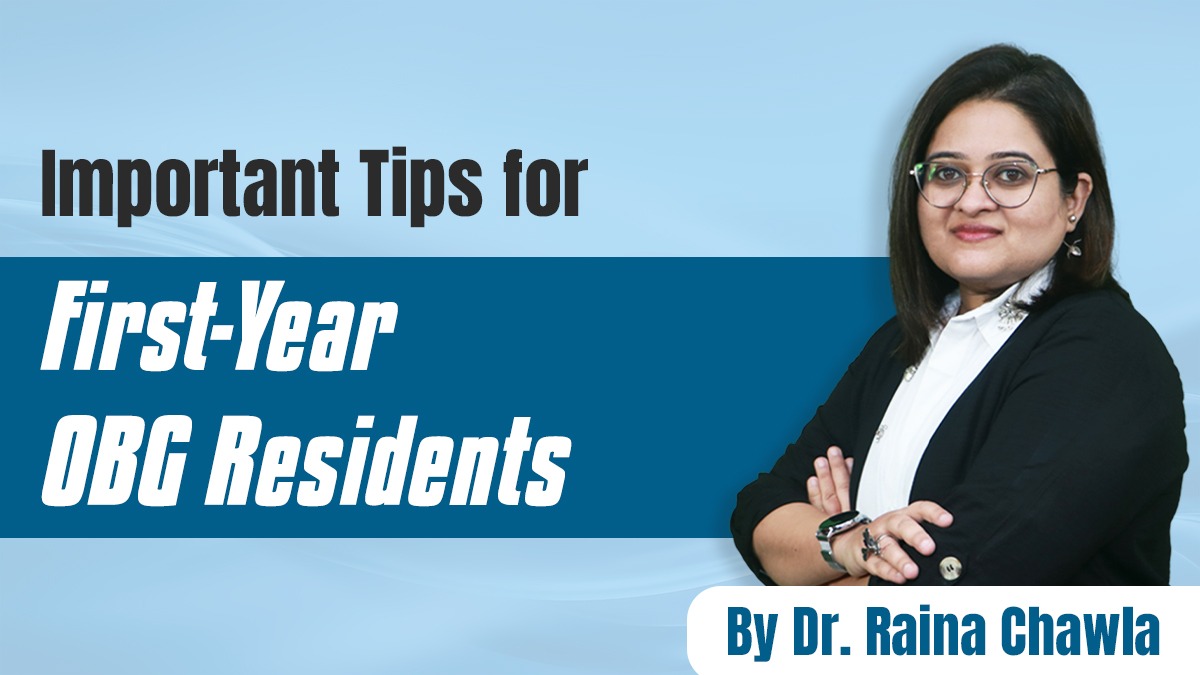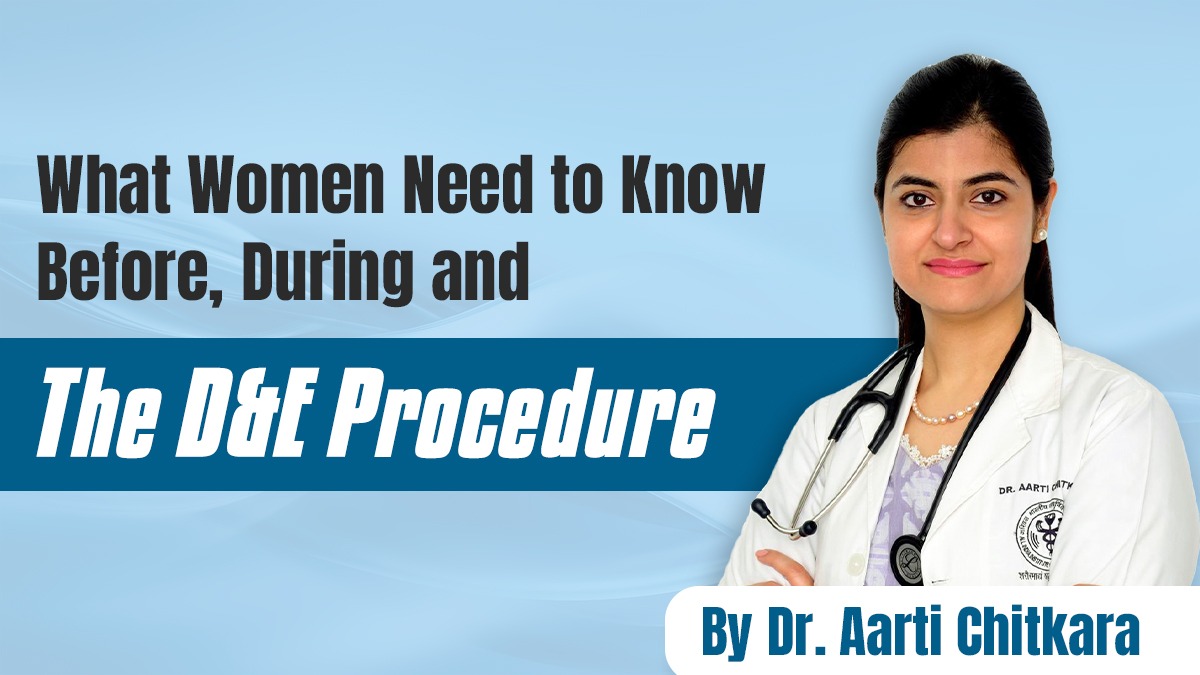Estimated reading time: 4 minutes
The OG of OBGYN is here – and we’re not keeping calm!
It’s a historic moment for every OBGYN resident, budding practitioner, and medicine student in India, because one of the greatest minds in Obstetrics & Gynaecology has just joined the Conceptual OBG family.
We are beyond honoured to welcome Prof. Dr. J. B. Sharma
- Head of the Department of OBGYN, Yashoda Medicity, Indirapuram
- Former Professor & Unit Head at AIIMS & at MAMC, New Delhi
Prof. Dr. J. B. Sharma, A name that has shaped generations of OBGYN specialists, is not just a teacher — he’s an era.
This isn’t just a new addition, it’s a monumental leap in academic excellence. When you think of legacy, clinical brilliance, and teaching that leaves a mark on generations, Prof. Dr. J. B. Sharma stands tall as a legend.
His iconic textbook is not just a reference — it’s the Bible of OBG for countless postgraduates across the country.
What’s Coming with Prof. Dr. J. B. Sharma on Conceptual OBG?
Brace yourself for Weekly Rounds, Case Presentations, Core Clinical Discussions, and much more — as Prof. Dr. J. B. Sharma takes over the academic floor with his master sessions..
To understand his teaching, you can watch Case Presentation on Antepartum Hemorrhage along with our Expert Faculty Dr. Raina Chawla & Dr. Shehla Jamal
Final-year residents presented real patient stories — complete with ultrasound insights, clinical summaries, and live questioning from senior consultants.
Key Clinical Pearls of this Discussion:
This wasn’t just a discussion — it was a masterclass in applied clinical reasoning.
- Differentiating types of placenta previa
- Importance of past obstetric history in clinical risk profiling
- Real-world red flags for placental adherence
- Significance of oblique lie, D&C history, and scar positioning
- Interpreting ultrasound with a clinician’s eye
- Decision-making around elective vs emergency LSCS
It was a conversation, a challenge, and a checklist for every resident to remember forever.

Are you ready to experience the extraordinary? Subscribe to Conceptual OBG and elevate the way you learn.
- Mark Your Calendar!
Another power-packed LIVE interactive session is coming your way!
- Join us on Friday, 4th July at 7:00 PM
- Case Presentation Anemia in Pregnancy with Prof. Dr. J. B. Sharma, Dr. Aarti Chitkara, and Dr. Tejas Gopalkrishnan.

 A Grand Recognition for Your Effort!
A Grand Recognition for Your Effort!
Every attendee will be awarded an official eCertificate of Participation — a symbol of academic excellence, commitment, and clinical curiosity.
Your performance was deemed commendable, and we deeply value the dedication, preparation, and effort you put in while engaging with this session. Because at Conceptual OBG, we don’t just teach, we celebrate those who show up, step up, and strive to grow.
You can further experience the Power of Conceptual & Practical Learning – LIVE with Prof. Dr. J.B. Sharma
Prepare to get into the real-world clinical challenges that every OBGYN resident and expert must master:
- Female Genital Tuberculosis in Various Aspects
- Abnormal Uterine Bleeding
- Endometriosis & Adenomyosis
- Fibroid Uterus
- Stationary Incontinence & Overactive Bladder Syndrome
- Pelvic Organ Prolapse
- Vesicovaginal and Rectovaginal Fistulas
- Core Concepts in Genital Malignancies
Whether you’re a resident battling OPD chaos or a clinician wanting to sharpen your diagnostic edge, these sessions are your golden ticket to elevate your practice.
Why Every Aspiring OBG Should Subscribe to Conceptual OBG?
As we know that OBG residency is intense. It demands not just knowledge, but the ability to apply that knowledge in real time, under pressure, with lives depending on your decisions. That’s why Conceptual OBG (COBG) was built as a space where your doubts are addressed, your basics are built stronger, and your clinical confidence grows.
It’s not just about topics. It’s about learning through cases, conversations, corrections, and clarity — exactly how real medicine is practised.
This Isn’t Just Big — It’s Something to Celebrate!
Imagine learning from someone who’s taught generations of doctors at AIIMS New Delhi — and now, he’s right here with us at Conceptual OBG!
Yes, Prof. Dr. J. B. Sharma is officially on board — and he’s bringing with him a wealth of experience, clinical wisdom, and the kind of teaching that makes you fall in love with learning all over again.
The torch of excellence just got brighter. The legacy just got bigger. The time to level up is NOW.
The legend of OBG Prof. Dr. J. B. Sharma is now on Conceptual OBG. Are you excited to learn from him? 
Download the eConceptual App now:




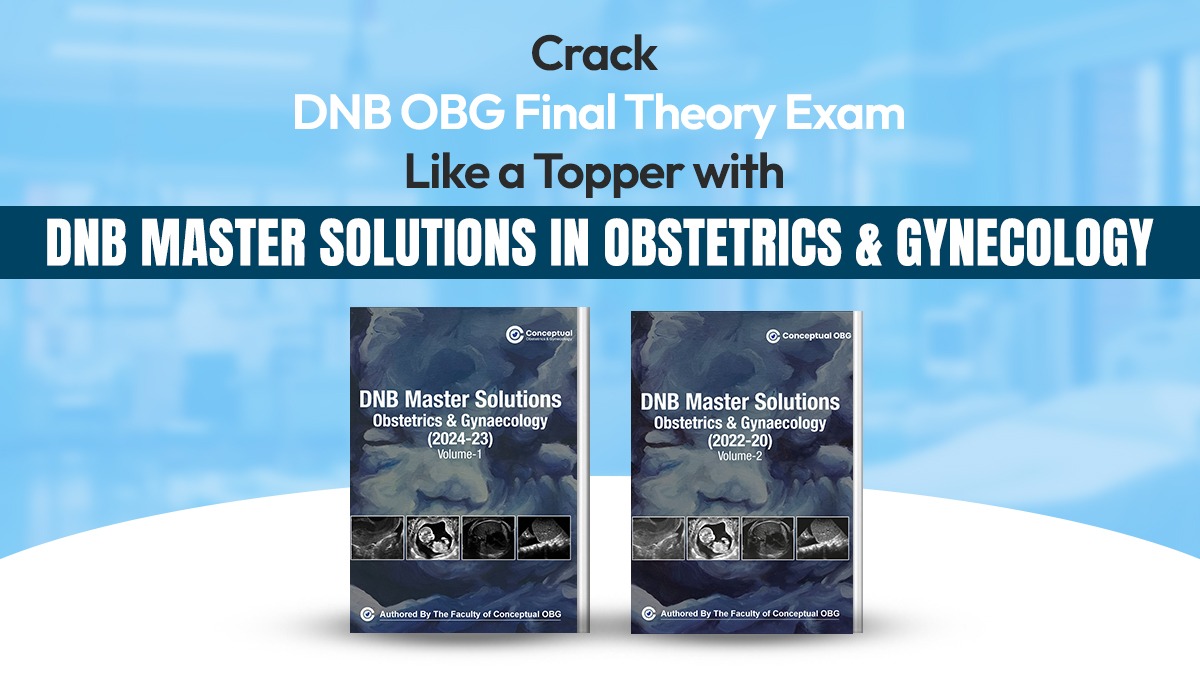
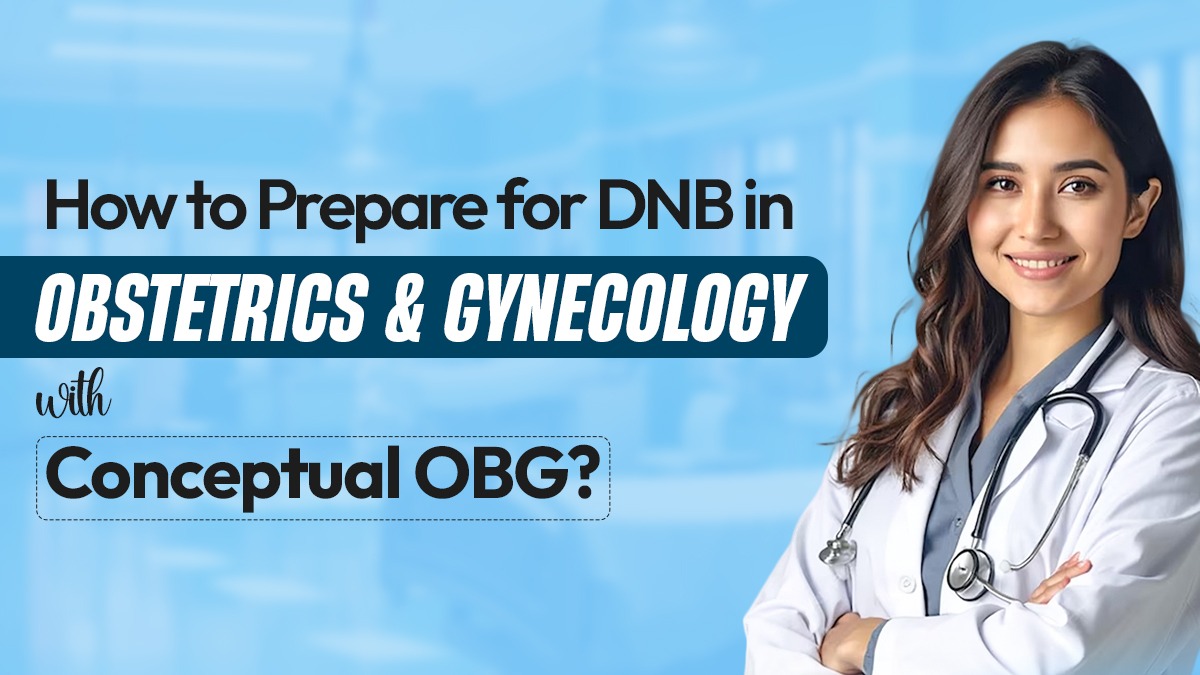
 Sound conceptual knowledge of theory as well as clinical practice
Sound conceptual knowledge of theory as well as clinical practice Learn from the legend of OBG.
Learn from the legend of OBG.


